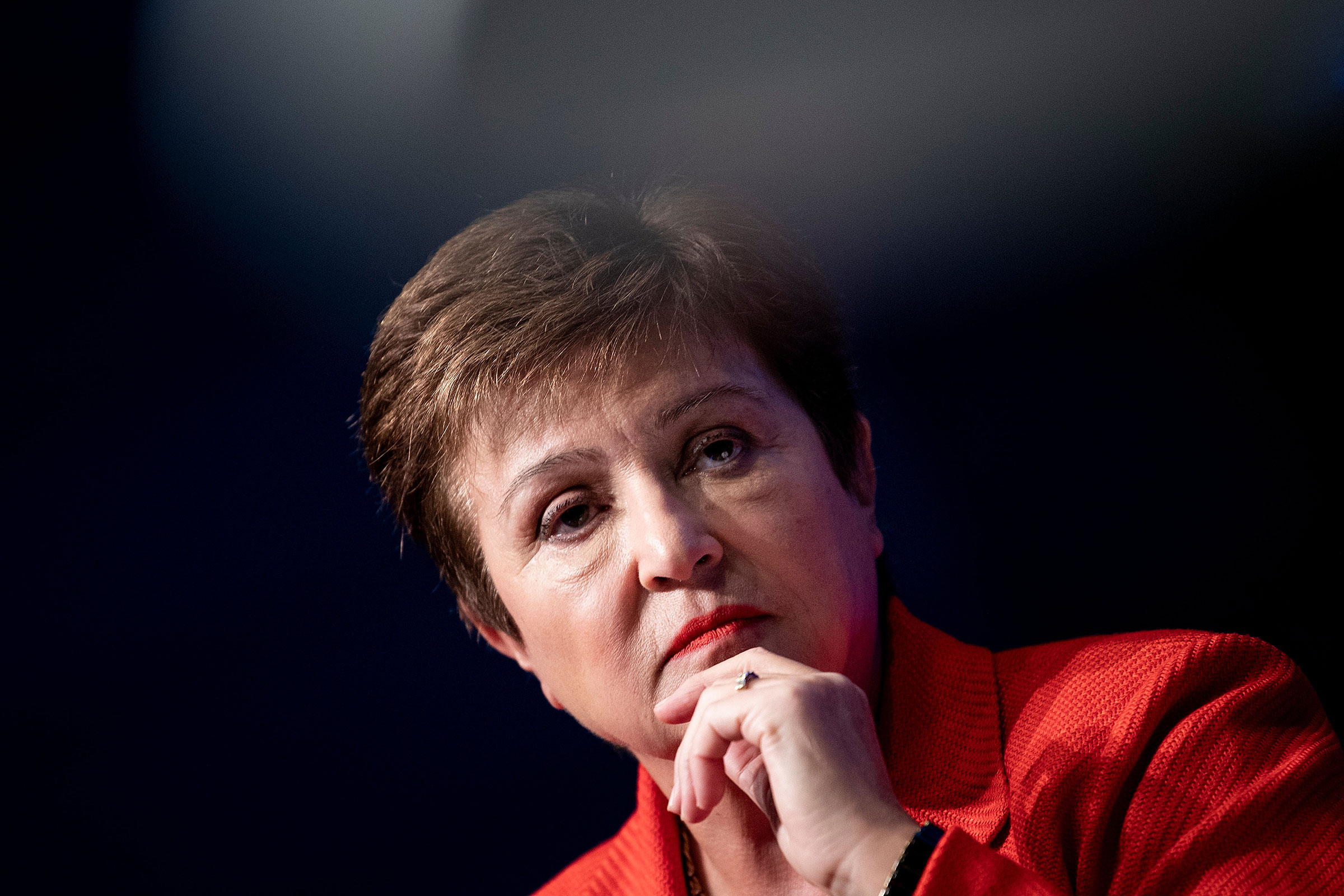Kristalina Georgieva is the first managing director of the International Monetary Fund (IMF) from an emerging market country; she has seen firsthand the opportunities and perils of economic reforms. A decade ago, Georgieva surprised the Brussels cognoscenti, who had not expected a Bulgarian to become a star on the European Commission. Her years at the World Bank gave her a global perspective, and won her friends in Washington and experience as a country director working with Russia.
Georgieva was working as an environmental economist when we first met at the World Bank in 2007. She had superlative skills at solving problems, working with people and combining big-picture assessments with specific actions to accomplish results. As we expanded her role, outsiders recognized her leadership.
The IMF now straddles the fault line between multilateral finance and unilateral insularity. The world fights COVID-19 and struggles with an economic breakdown during a time of high debt, extraordinary monetary policies, costly trade fights and faltering faith in international cooperation. Such sharp shifts have defined the reputations of past IMF leaders, challenged to refocus staff and persuade governments during crises.
Georgieva has advanced plans to promote inclusive economic recovery by prioritizing health spending, fiscal stimuli and debt restructurings for the poorest economies. These are likely to be watershed years for the IMF and the world economy. Georgieva can point the way, but she needs help.
Zoellick is a former president of the World Bank
- Donald Trump Is TIME's 2024 Person of the Year
- Why We Chose Trump as Person of the Year
- Is Intermittent Fasting Good or Bad for You?
- The 100 Must-Read Books of 2024
- The 20 Best Christmas TV Episodes
- Column: If Optimism Feels Ridiculous Now, Try Hope
- The Future of Climate Action Is Trade Policy
- Merle Bombardieri Is Helping People Make the Baby Decision
